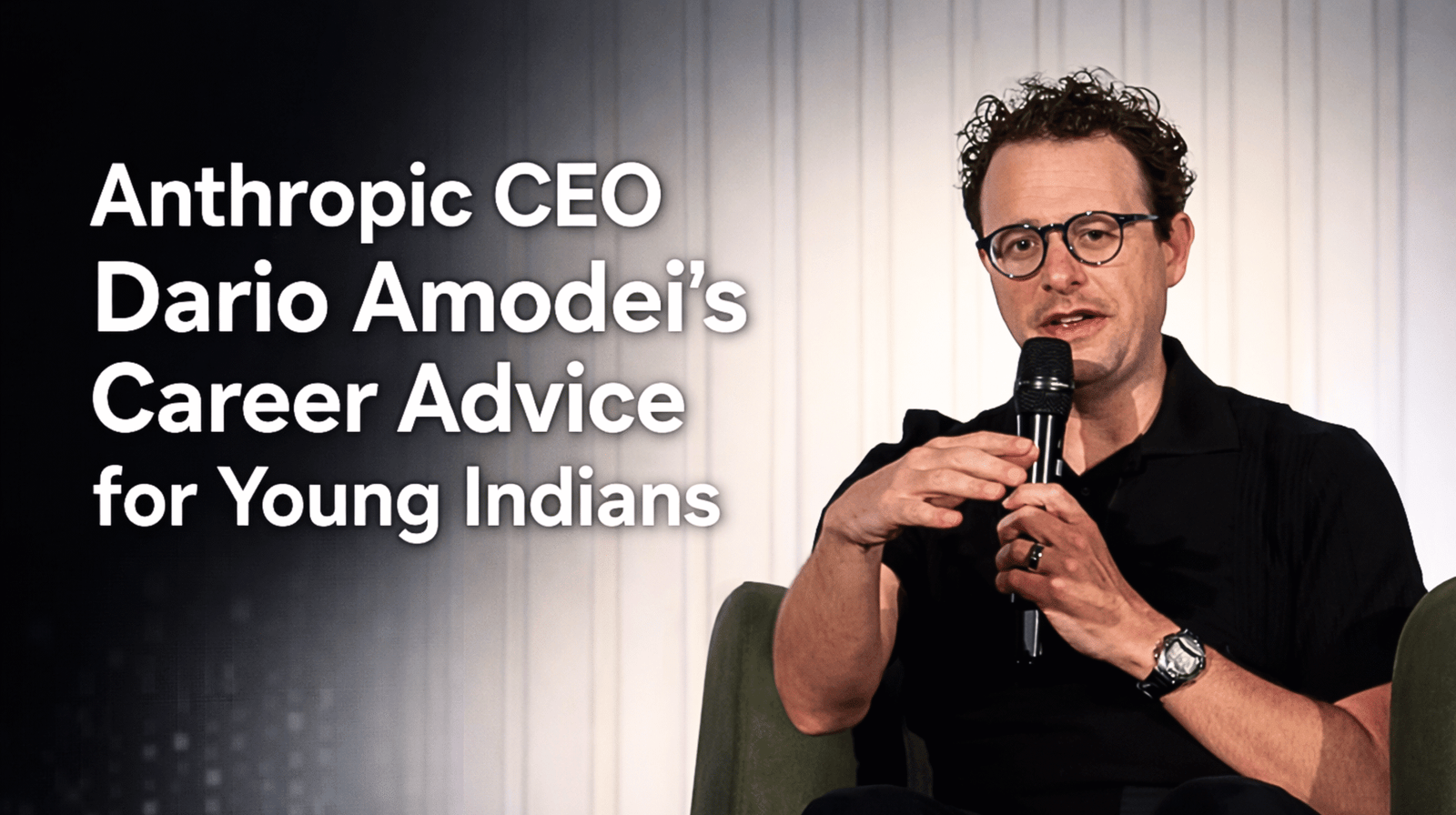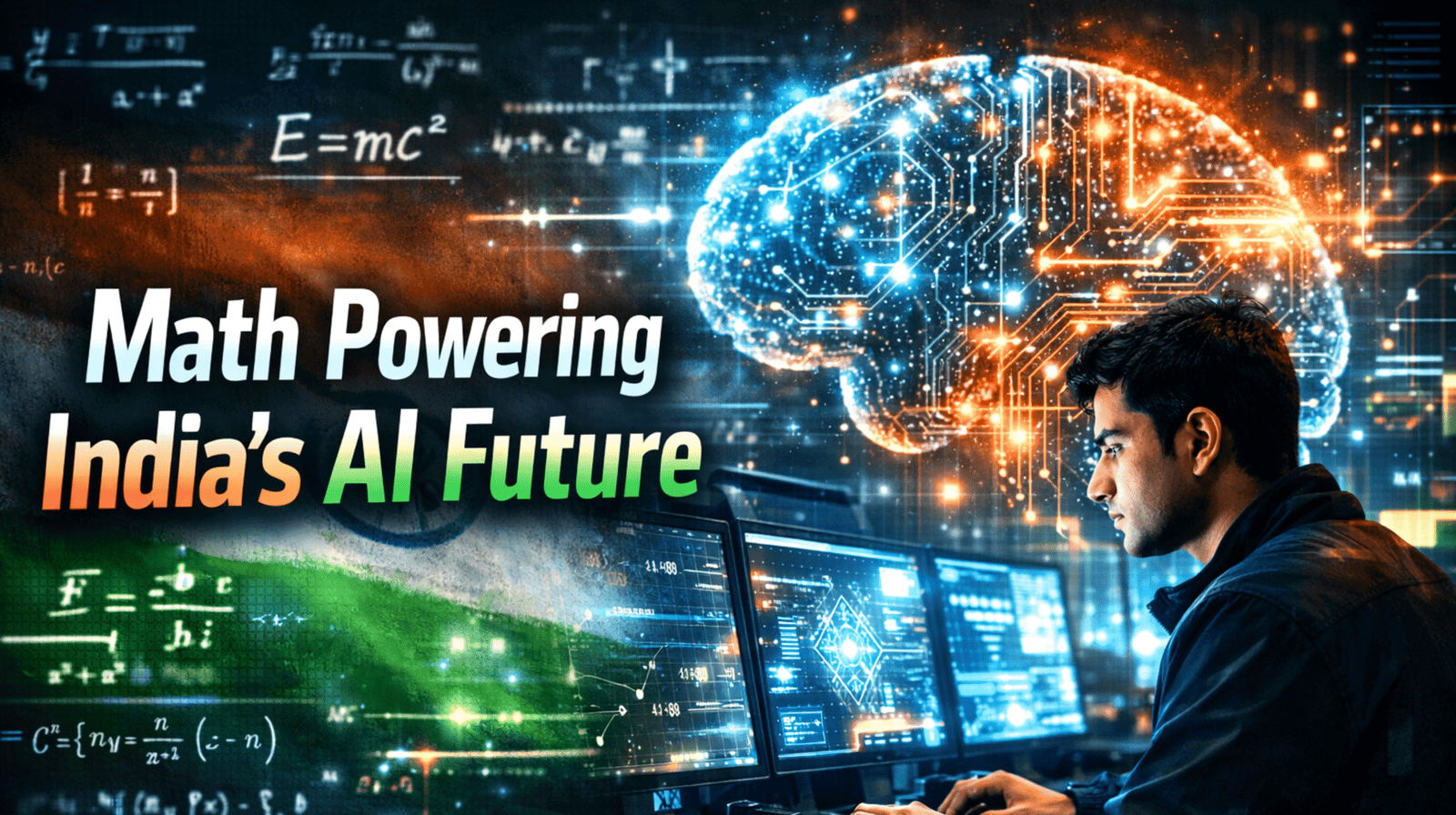In the journey of personal growth, emotional intelligence (EI) stands out as a fundamental skill. While academic achievements and technical know-how are important, the true differentiator in both your personal and professional life is the ability to understand, manage, and apply emotions effectively. This article delves into what emotional intelligence is, why it’s crucial, and how you can nurture it to improve your life and relationships.
What is Emotional Intelligence?
Emotional Intelligence—commonly known as EI or EQ (Emotional Quotient)—is the capacity to recognize, comprehend, and regulate your own emotions, as well as those of others. Daniel Goleman, a pioneer in this field, identifies five essential components of EI:
- Self-awareness
- Self-regulation
- Motivation
- Empathy
- Social skills
These elements collectively enable you to navigate complex social situations, build meaningful connections, and make wise, informed decisions.
Why Emotional Intelligence is Important
A high level of emotional intelligence is associated with:
- Enhanced communication skills
- Stronger leadership abilities
- Better mental and emotional well-being
- Increased job performance
- Healthier, more fulfilling relationships
In both personal and professional arenas, people with strong EI are often more resilient, adaptable, and empathetic—qualities that help them manage stress, resolve conflicts, and lead effectively.
The Five Core Components of Emotional Intelligence
1. Self-Awareness
This means being in tune with your emotions as they arise. Self-aware individuals understand how their feelings influence their behavior and decisions.
Tip: Practice mindfulness or keep a journal to observe emotional triggers and patterns.
2. Self-Regulation
The ability to control your emotional responses, especially during challenging moments, is key to maintaining calm and making thoughtful choices.
Tip: Use breathing exercises or meditation techniques to stay composed in stressful situations.
3. Motivation
Emotionally intelligent people are driven by internal goals and values rather than external rewards. They show passion for growth and continuous learning.
Tip: Set clear, meaningful personal goals and regularly track your progress to stay motivated.
4. Empathy
Empathy involves understanding and sharing the feelings of others, which strengthens communication and builds trust.
Tip: Practice active listening and try to view situations through others’ perspectives.
5. Social Skills
Strong social skills encompass effective communication, conflict resolution, teamwork, and the ability to maintain positive relationships.
Tip: Participate in group activities or networking events to enhance your interpersonal skills.
How to Boost Your Emotional Intelligence
- Take EQ assessments to discover your emotional strengths and areas for improvement.
- Read books, articles, and research on emotional intelligence and self-awareness.
- Seek honest feedback from friends, mentors, or colleagues.
- Practice active listening and pay attention to non-verbal cues.
- Reflect on your emotional reactions and behavior regularly to deepen self-understanding.
Remember, personal development is an ongoing process, and cultivating emotional intelligence is a powerful step toward becoming a balanced, resilient, and socially aware person.
Helpful Resources for Developing Emotional Intelligence
- Daniel Goleman’s Official Resources
- The Greater Good Science Center – UC Berkeley
- Mind Tools – Emotional Intelligence Toolkit
- Positive Psychology – Tools for EI
- Verywell Mind – Emotional Intelligence Guide
Disclaimer
This article is intended for informational purposes only and should not replace professional psychological advice. If you are experiencing emotional or mental health difficulties, please consider consulting a licensed therapist or counselor.









